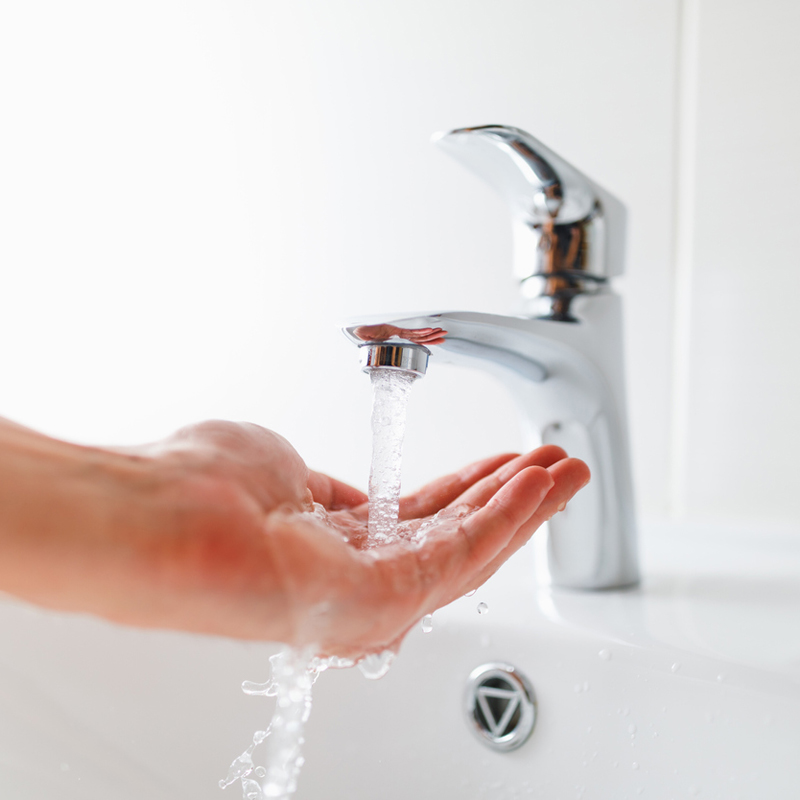It can be frustrating when turning on the tap or stepping into the shower, only to be met with cold water when you were expecting warmth.
There can be several reasons behind this issue. In this article, we explore the common reasons for your water not heating up at home and provide some tips to help you get your hot water flowing again.
The most common culprit for cold water is a poorly functioning water heater. Due to wear and tear over time, water heaters can experience problems. Common issue might include a broken thermostat, a faulty heating element, or sediment buildup at the bottom of the tank, preventing the water from being heated by the heating element. If your water heater is old or hasn’t been properly maintained, it might be time for a repair or replacement.
This is where our domestic plumbing engineers can help. We can diagnose the issue and recommend the necessary repairs or replacements to get your water heater functioning correctly again.
For those with gas water heaters, a common cause of cold water is a pilot light that has gone out. A pilot light is essential for lighting the gas that heats the water. Several issues can cause the pilot light to extinguish, such as a gust of wind or a malfunctioning thermocouple (temperature measuring sensor).
The first port of call is following the instructions provided by the manufacturer of your gas water heater. Here, you should find instructions on how to relight the pilot light. If this fails or you’re unsure, contact our expert plumbing team.
If your home has an electric water heater, a tripped circuit breaker or a blown fuse could be the reason behind your water not heating up. The heating element will not be able to function with a disrupted electrical supply.
We would recommend checking your circuit breaker or fuse box to reset or replace any tripped breakers or blown fuses. If either of these issues persist, contact an electrician to carry out an inspection of your electrical system.
Over time your system can lose pressure for a number of reasons, for example due to small leaks. If there is insufficient or no pressure in your heating system, the boiler can lock out and will not start to heat the water or heating.
You can inspect your pipes for any leaks or damage, but please do not attempt to repair and replace any faulty parts – this could cause significant damage or flooding if not carried out correctly. If you do spot any damaged or leaking pipes, contact us immediately to book a visit from one of our expert plumbers to rectify the problem.
Sometimes, the issue of your water not heating up is not due to a malfunction, but rather because the demand for hot water exceeds your water heater’s capacity. Households with multiple showers, washing machines and dishwashers being used at the same time are more susceptible to an empty hot water heater.
If the supply of hot water often runs thin in your household, we would suggest making water saving efforts where possible, particularly during peak usage hours.
Over periods of time, sediment (sludge and grime) can build up at the bottom of your water heating tank. This sediment can reduce the efficiency of the heating element, causing your water to not be as warm as desired.
If you suspect sediment build up is causing your water not to heat up, consult our professional plumbers to carry out a flush of your water heater.
There is no doubt it can be a frustrating and uncomfortable experience when being met with cold when you require warm water. But by understanding the common causes of the issue and following our troubleshooting tips given in this article, you are sure to have the knowledge on how best to tackle the issue.
Our friendly team are always on hand to help or answer any queries you may have regarding your hot water supply. Feel free to get in touch with us.
